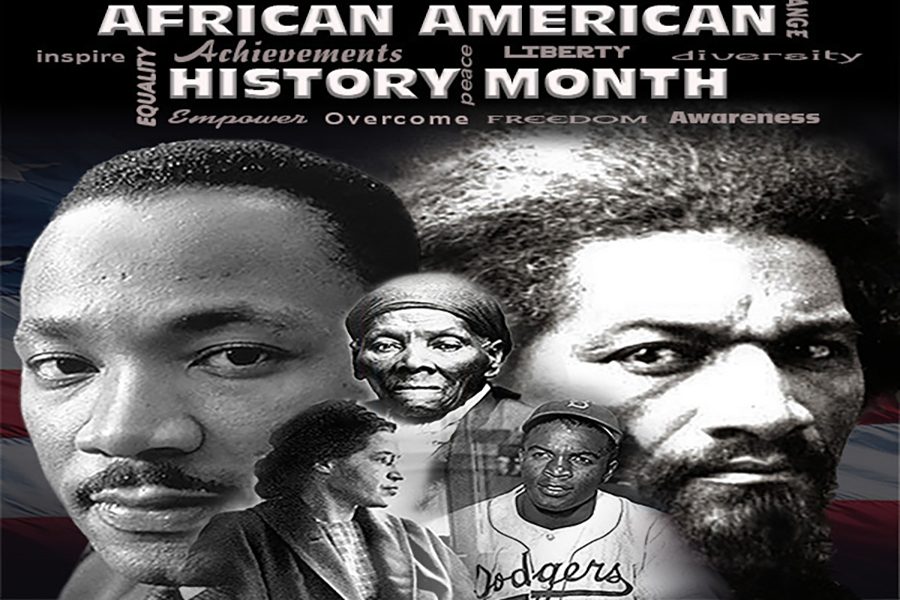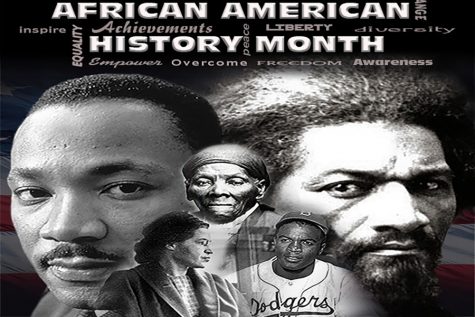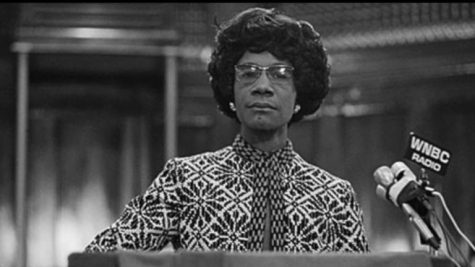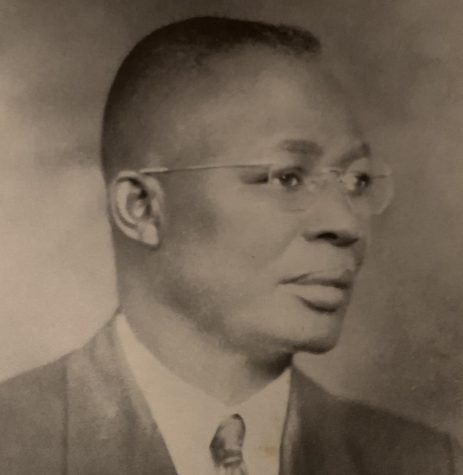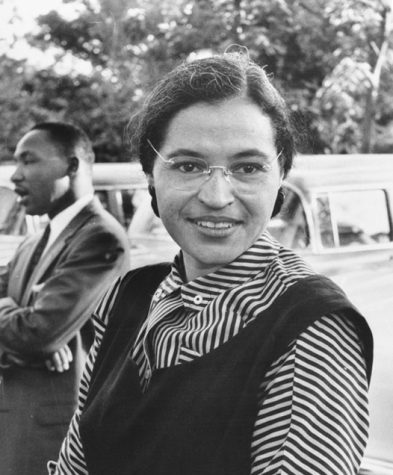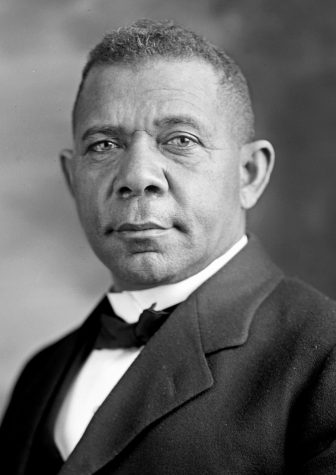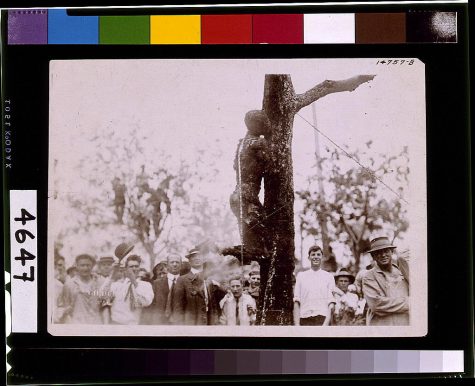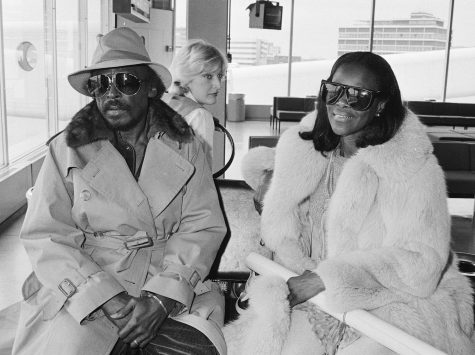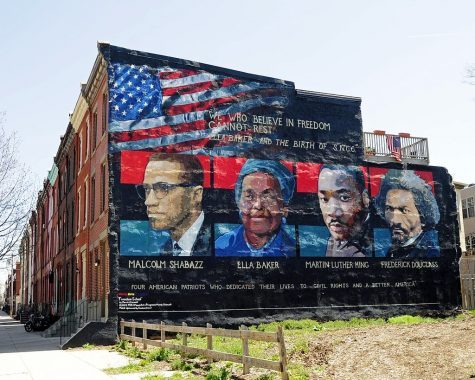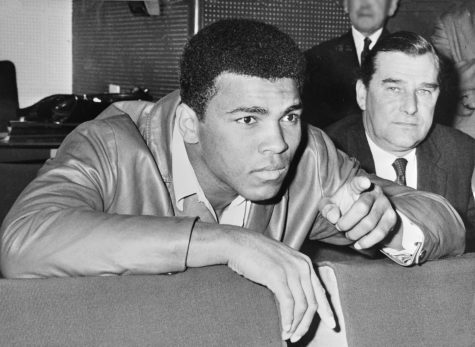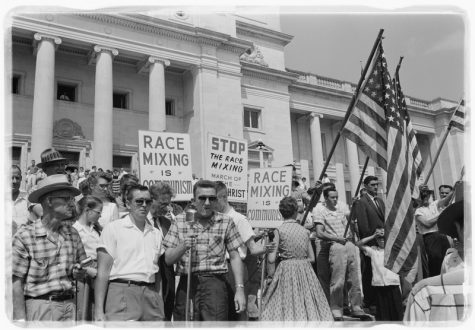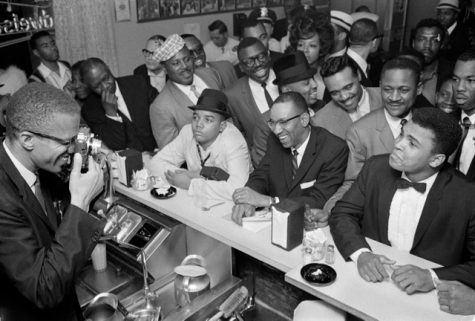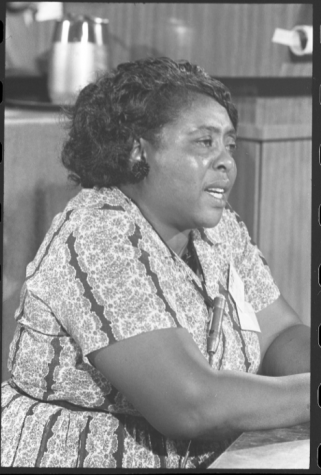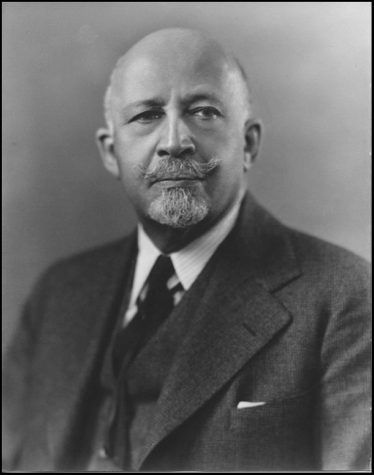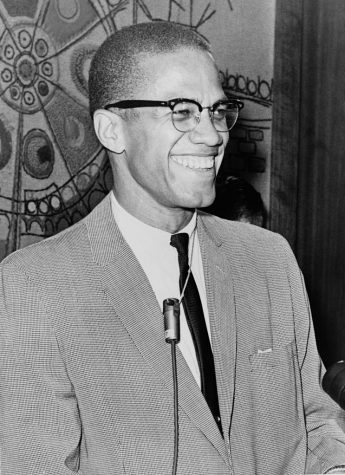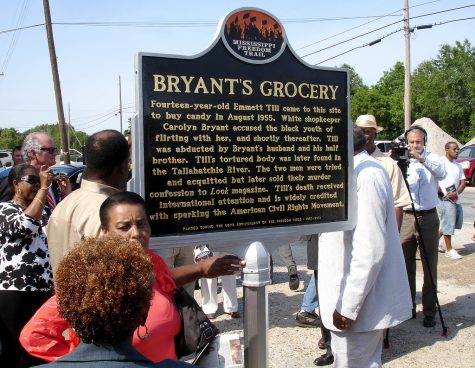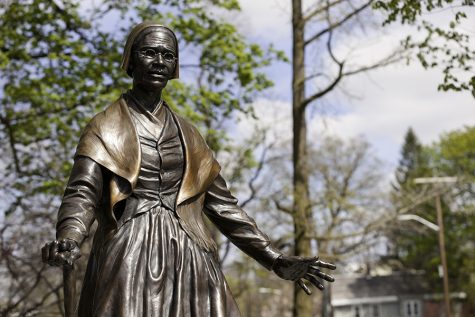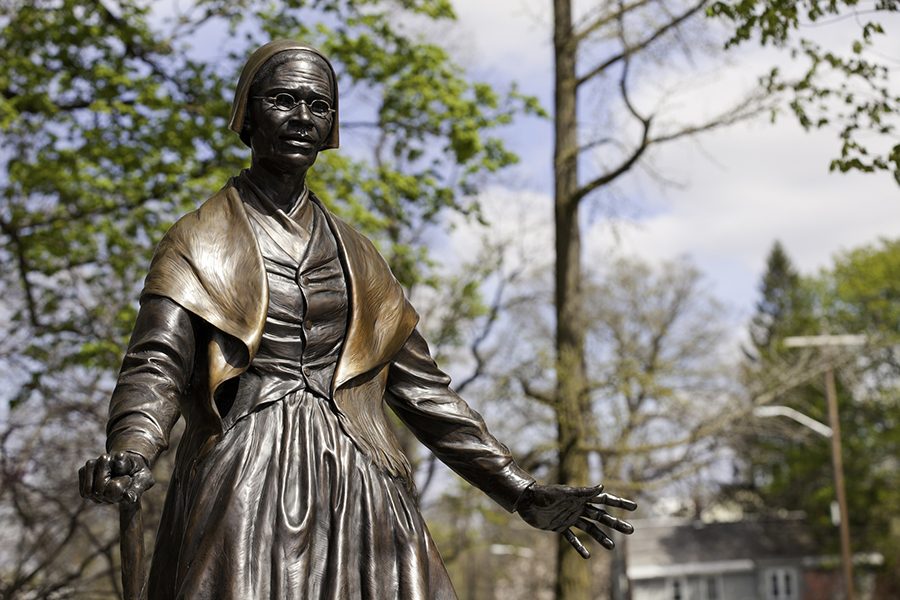According to the Association for the Study of African American Life and History, Black History Month dates back to 1915. Carter G. Woodson, founder of the ASALH and Black History Month, chose the month of February for the observance because it includes the birthdays of Abraham Lincoln and Frederick Douglass. (U.S. Air Force graphic by Tommy Brown/Released)
Marsha P. Johnson
The ongoing fight for LGBT+ rights has gained massive attention in the past years, but not many people know it was spearheaded by a black transgender woman, named Marsha P. Johnson.
Born August 24, 1945, Johnson, assigned male at birth, would crossdress often in her youth, but would be reprimanded for doing so. After graduating high school and moving to Greenwich Village in New York City in 1966, she legally changed her name to Marsha P. Johnson. When asked what the “P” stood for, she would respond with “pay it no mind,” a similar response she would give when questioned about her gender and sexuality.
Johnson was present at one of the biggest turning points for LGBT+ rights, the Stonewall uprising. Stonewall Inn itself was a mafia owned gay bar, owned by the Genovese family. The family had bribed New York’s Sixth Police Precinct to ignore anything that was going on in the bar. Due to little to no police intervention, the family was able to cut costs, while also attracting the LGBT+ community; identifying as such in any way was a criminal offense, and being publicly gay could mean jail time, and abuse at the hands of corrupt authorities.
On June 28, 1969, the police raided the Stonewall Inn, aggressively handling the patrons inside and arresting 13 others, some on the offense of not wearing “gender appropriate” clothes. Instead of dispersing, a crowd started to form outside of the building, and those in it quickly became angry at the constant mistreatment of the LGBT+ community. Very soon a riot started, Johnson being a significant and memorable figure. One account by David Carter in his book noted that, on the first night, Johnson “threw a shot glass at a mirror in the torched bar screaming, ‘I got my civil rights.'” The riot was dispersed the first night, but was continued as a protest in the following five days. Though this wasn’t the start of the LGBT+ rights movement, it was a significant turning point, spurring the creation of multiple LGBT+ organizations, a few that Johnson had helped start, or become apart of.
One such organization was the Street Transvestite Action Revolutionaries, or STAR, founded by Johnson and another transgender friend, Sylvia Rivera. The goal of STAR was to help keep transgender youth off the streets, providing services and shelter to those who needed it. Amongst the group, Johnson would refer to anyone who came for help as “children,” leading to her being affectionately named the Queen Mother. Johnson and Rivera were dedicated to keeping this group running, paying the rent with money they made off of sex work. Before it was disbanded, Johnson and Rivera were hoping to use the top floor of the building to teach the youth how to read and write. STAR was disbanded in the mid-1970s, but the love and dedication behind the organization became an example for many future LGBT+ groups.
On July 6, 1992, at 46, her body was found in the New York Hudson River. Investigators ruled her death as suicide, but those close to her insisted she wasn’t suicidal, and asked for a further investigation after hearing witnesses claim she was being harassed earlier in the day, but one was never granted. Her death was a grim reminder of the oppression and violence that LGBT+ people face, but her life and contributions sparked hope for the future of the community.
Sojourner Truth
A women’s rights activist and a famous speech “Ain’t I a women”
Sojourner Truth was a women‘s rights activist and a civil rights activist. Truth was born as Isabella Baumfree in 1797 in the town of Swartekill, in Ulster County, New York. She died in her home in Battle Creek, Michigan on November 16, 1883. She was an African American abolitionist and an activist for women‘s rights. She is best known for one of her speeches on racial inequalities ” Ain’t I a woman?” That she delivered in 1851 in Ohio at a women‘s rights convention.
She was born into slavery but later escaped with her infant daughter to freedom in 1826. Truth had devoted her life to the abolitionist cause and she helped to recruit black troops for the union army. Even though Truth began her career as an abolitionist, the reform causes she was sponsoring were broad and varied, including prison reform, universal suffrage, and property rights. Truths speech ” Ain’t I a women” was published a month later by Marius Robinson, the editor of the Ohio newspaper.
Truth’s famous phrase would appear in the print 12 years later. Even in abolitionist circles some of Truth’s opinions had been considered radical. Truth sought political equality for all women and chastised the abolitionist community for failing to seek the civil rights for black women as well as the men. Truth had openly expressed concern that the movement would fizzle after achieving victories for the black men, leaving both white and black women without suffrage and other key political rights. Truth is remembered as one of the foremost leaders of the abolition movement and an early advocate for women’s rights.

Hannah Escochea is a senior. This is her first year being on The Wrangler staff. She is a fun person to hang around with and to make jokes with; she loves...
